Planning in the Moment
Our Vision
Learning in foundation stage challenges children to become independent, motivated learners who are full of curiosity about the world around them. Within our fun, happy and secure environment, our children experience consistent teaching, engaging hands-on learning and a child-centred curriculum that ensures the consistent development of skills across all areas of learning. Children are encouraged to explore, take risks, and form positive relationships with their peers in a setting that celebrates the uniqueness of every child.
Characteristics of effective learning
The characteristics of effective learning are central to our planning, observation and assessment cycle. We want our children to be excited, motivated, curious, involved and resilient learners who flourish in the early years, in readiness for year one. Throughout the day, children have the opportunity to play, explore, share their ideas, make connections, test out their ideas and make mistakes.
What is planning in the moment?
Planning in the moment is all about capturing the children’s current interests at that particular time. We interact with the children to build on what the child is already doing (in the moment). We observe the children to see if we can add to their play and help move their learning on. This type of planning is simple and effective, as it allows those crucial moments to be captured and extended there and then rather than introducing next steps in a week or two.
We listen and watch to see what the children want/need in our indoor and outdoor provision. We ensure that our indoor and outdoor areas support all areas of learning. When children are allowed to select where, with what, and how to play, they are truly invested in their play and become deeply involved.
It is important that adults incorporate teachable moments that they would like the children to learn, again this is in the moment. For example, a child is making models with Numicon, and the adult shows curiosity about the holes. The child also shows curiosity and by the end of the interaction the child knows that each hole represents a number.
Every child in EYFS has a learning journey. These are big scrap books that practitioners and parents contribute to. Parents are asked to add to their child’s learning journey regularly. Every child has a baseline assessment in the first few weeks of school, then a focus week every term. Interactions with children are regularly recorded by practitioners. Practitioners write up their interactions to reflect in the moment teaching that clearly highlights speech (in yellow) and the practitioners teaching (in pink).
Parent partnership
The week before a child’s focus week, we send a letter home to inform their family that next week is their child’s special week. Parents/carers can use this opportunity to tell us anything that is happening at home that week. At the end of each week, we send a copy of the children’s focus week home. Every term we have parents evening to discuss every child’s learning and development and their next steps.
